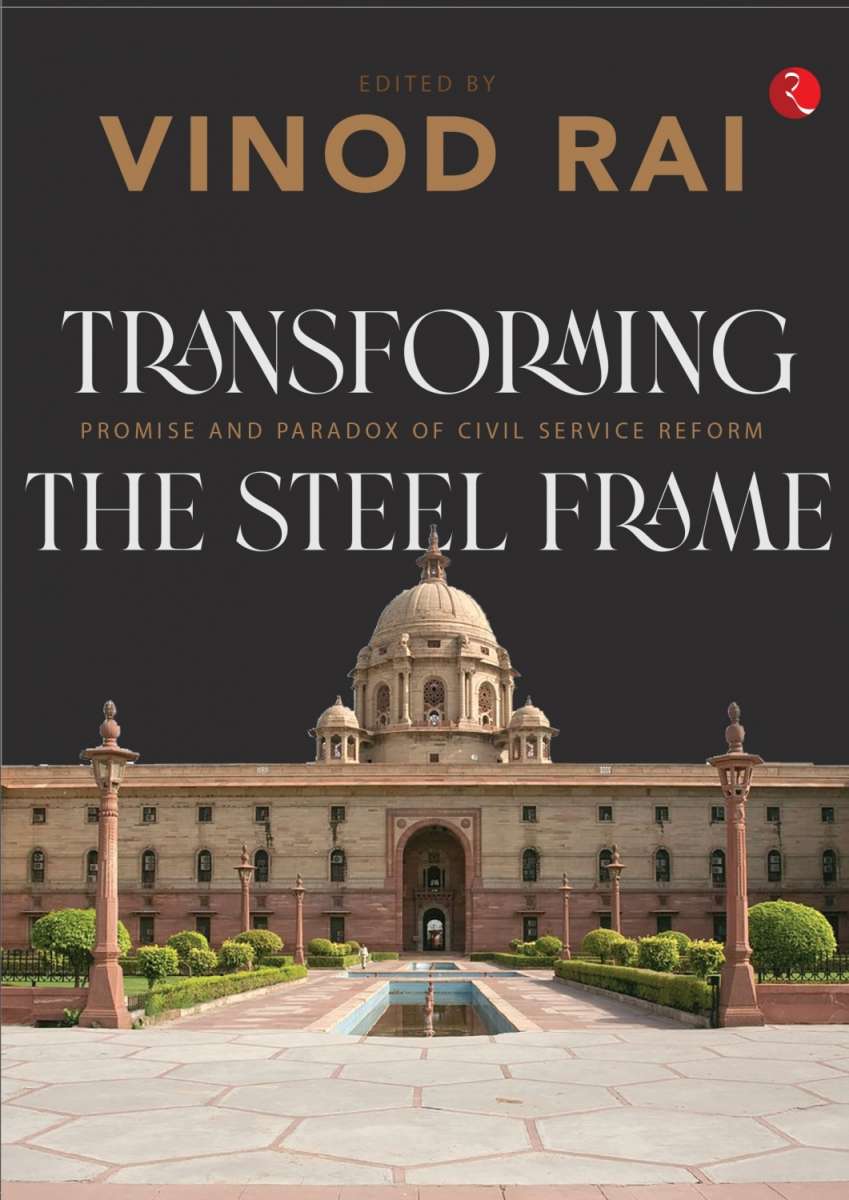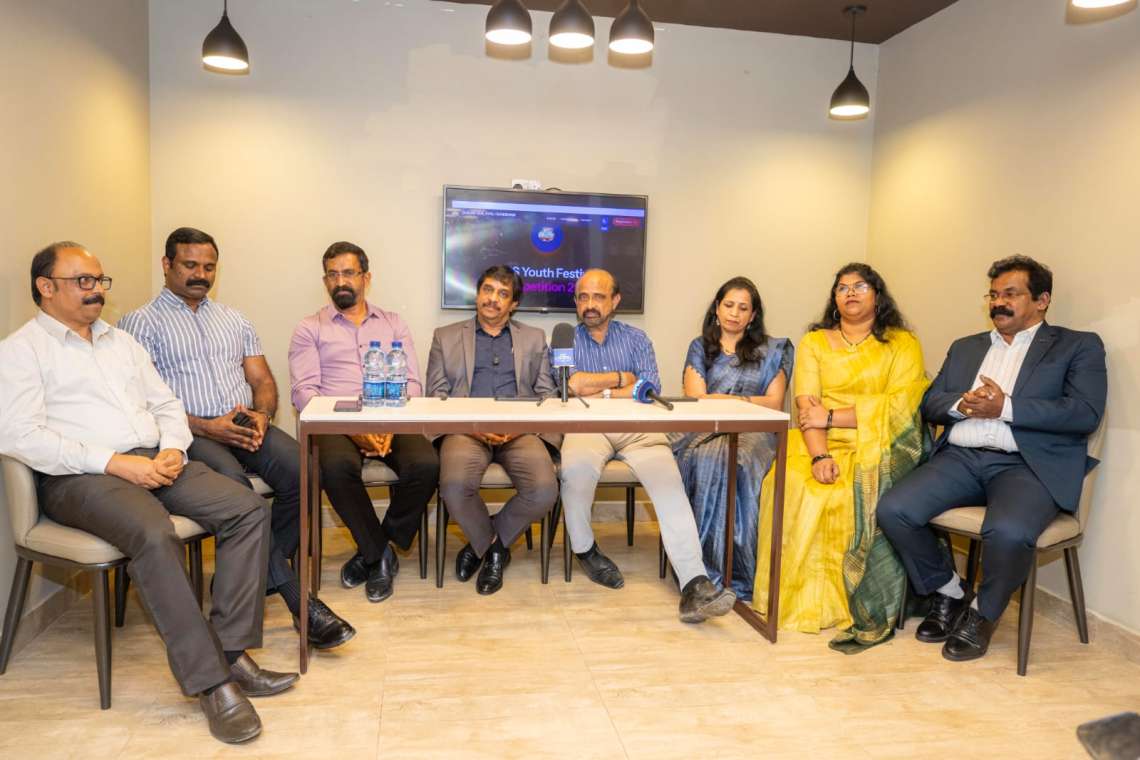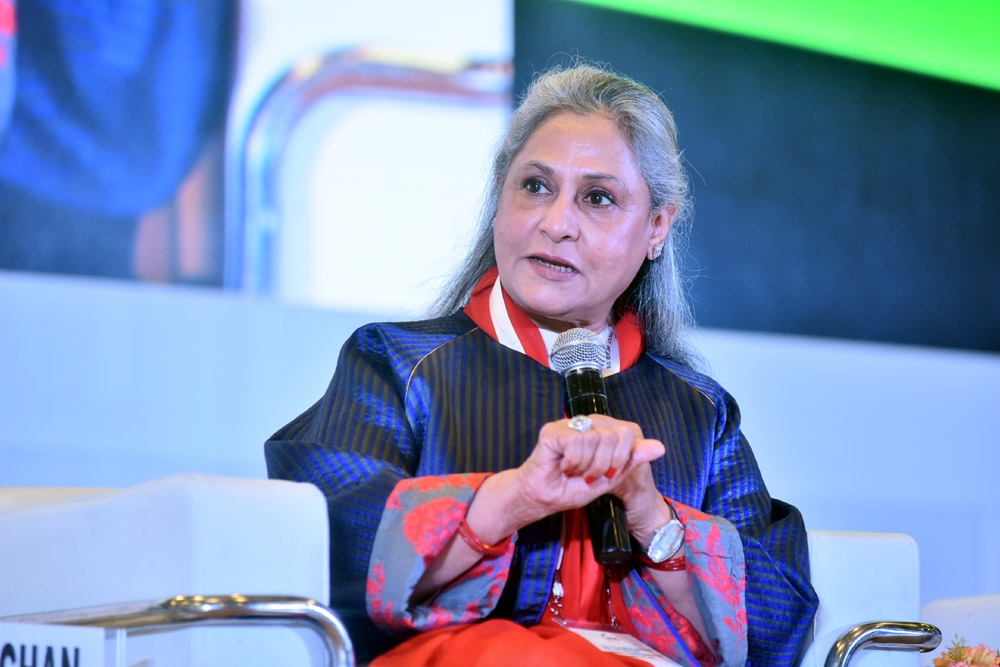Taking these realities into consideration, the focus should be on recruitment, training and management of the civil services that form the foundational components of the system and are interrelated in a way where one cannot succeed without the other…reports Asian Lite News
Civil services reform is a long-standing endeavour. Indian civil services, referred to as India’s ‘steel frame’, has contributed immensely to the country’s growth and development; amidst a volatile social order in a fledging nation post-Independence, divided by language, ethnicity, caste, class and many others.
However, the ramifications of global changes are being felt by the government in the form of increasing citizen expectations for better governance through effective service delivery, transparency, accountability and rule of law. It is time we redefined and re-established our expectations for a new-age civil service.
A twenty-first century civil service should be one that is defined by meritocracy and values, where the country’s best talent contributes to nation-building, while ensuring that world-class services and opportunities reach the citizenry. Integrity, objectivity, impartiality and compassion will be indispensable components of this new order of governance, which not only commands the confidence and respect of citizens but also is revered and valued by the ministers.
The Indian civil services is a median layer between the political class and the people of this country. To me, all three layers constitute a complete system. From a system change prospective, I believe that any change to the Indian civil services, unless complemented by changes to the other two layers, would most probably yield mixed results. However, keeping in mind the scope of this article, I will focus on changes within the Indian civil services, rather than worrying about the external environment over which we have limited control.
I am optimistic about the fact that as society progresses, our political system will show more signs of maturity and the citizens will be more aware of their rights and responsibilities – a change that would enable them to participate in governance and engage meaningfully with people in the administration. Repealing Indian civil services is not an option. So, a forward-thinking approach, without dwelling much in the past should be considered and changes should be implemented in a time-bound manner to yield maximum results.
Taking these realities into consideration, the focus should be on recruitment, training and management of the civil services that form the foundational components of the system and are interrelated in a way where one cannot succeed without the other.
Recruitment
Skilled and motivated personnel are arguably the most important asset and determinant of an effective government. As the custodian of recruitment for civil services, the Union Public Service Commission (UPSC), as an institution, has made the country proud with its robust image of reliability and for maintaining the highest standards of probity over the years.
However, the developments in various fields of activity, the growth of technology and the need for continuous improvement in the functioning of the civil services calls for taking a fresh look at the processes of recruitment and training. There should be openness to consider changes required to make the recruitment process more efficient and effective.
To improve the overall framework for recruitment and training in the civil services, we can look at the following areas.
Mainstreaming lateral entry
India has experimented with the lateral entry system at a very small scale and it is time to expand and mainstream the system to bring in more experts from the private sector, academia, non-governmental organisations (NGOs) and the public sector. This would fulfil the twin purpose of bringing in a wider diversity of perspectives, skills and experiences in the civil services and speedily addressing the problem of shortage of civil servants at the Centre.
However, we need to be mindful of the fact that the efforts that go into attracting new experts from outside the civil services to bring in the ‘missing’ skills carries the risk of remaining unfulfilled when those people struggle once inside the establishment.
The way things are done in the civil services, be it decision-making, execution of processes or culture, is legacy-driven with very limited scope for flexibility and adaptation. Thus, a robust policy framework is essential, along with efforts to help external appointees find their way within the government through training, mentorship and orientation.
Transforming the recruitment process
Today, many job interviews are unstructured conversations and for the most part, hiring managers are still using their intuition or judgement to choose candidates. The results, however, yield hit-or-miss outcomes. This is why more private sector organisations are exploring the use of predictive analytics and augmented decision-making to find the right new candidates, such as systems using artificial intelligence (AI) and behavioural science.
While this may seem futuristic for many government agencies, the capabilities are rapidly evolving in the private sector and could readily be applied to building specialized public sector workforces.
On the other hand, establishing a new norm where the interviewing panelists get to spend considerable time with the candidates, instead of the existing limited-duration question and answer sessions, to assess different facets of the candidate’s personality, can be a welcome change.
The process can be made metrics-driven through the inclusion of psychometric tests that will provide a clearer understanding of the attitude and aptitude of the incoming pool of civil servants.
Making civil services a career option after Class 12
Initiating a 10+2 entry model has a lot of potential to set a new precedent. Young people who have just come out of secondary education are more trainable. They have a mindset that helps them absorb learning more readily as they do not have a baggage of prior experience. This allows an opportunity to develop a workforce of young people specifically trained to meet the needs and get aligned to the vision, mission and values of civil services.
There could be a separate four-year degree programmes for the services which should include subjects that prepare the candidates for entry into the civil services, with the ability to handle specialized departments and respond to complex challenges.
Attracting and retaining civil servants
The race is on to recruit the next generation of civil servants. It is no secret that today’s young and emerging professionals are raising the bar in their pursuit of meaningful, purpose-led, socially conscious roles and careers that ideally will allow them to have an impact in driving positive social change.
Governments, as an employer, can typically meet this emerging workforce’s preference for meaningful and purpose-led work that it highly values. Right value propositions should be highlighted in future recruitment efforts, proclaiming the civil services as a prime environment for young people who truly want to ‘make a difference’ by enabling social change. Governments should be proactive in attracting and retaining the next generation of civil servants, introducing critical new skills and ultimately reshaping their workforces to align with the demands of a digital and sustainable society.
(Excerpted with the permission of the publisher, Rupa, from “Transforming The Steel Frame” edited by Vinod Rai)
ALSO READ-Banish your boredom with fantastic books








